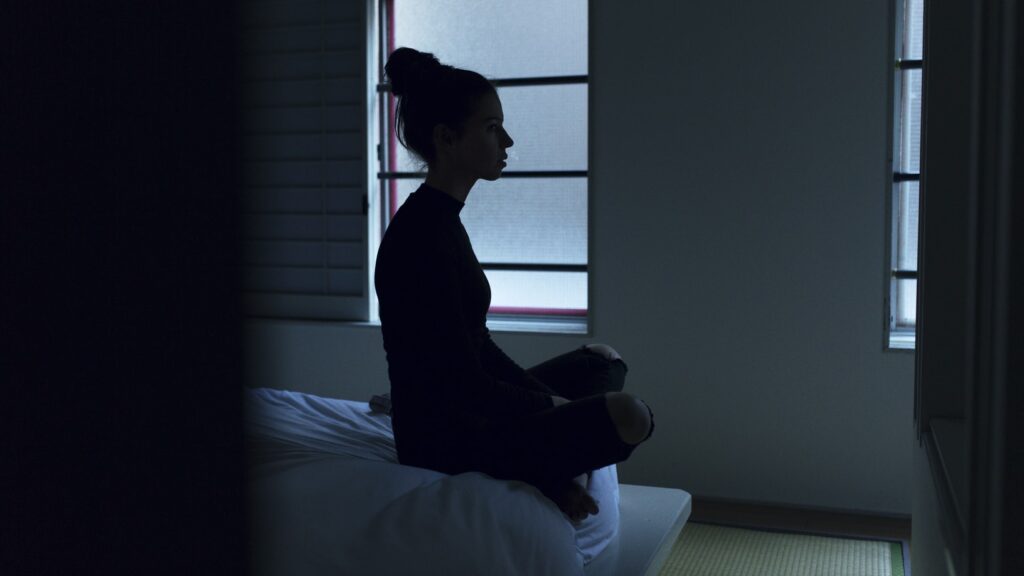Millions of individuals worldwide deal with insomnia daily. Moreover, one-quarter of Americans have insomnia each year, although only a quarter of them face it as a long-term issue. While it may seem like a complex condition, you’ll have a better chance of managing it by learning more about its causes and effects.
Understanding Insomnia
Insomnia is characterized by daytime drowsiness, lethargy, and an overall sense of being intellectually and physically. It’s a common condition for people dealing with sleeping problems.
The development of chronic disorders such as obesity, type 2 diabetes, cardiovascular disease, and depression may be worsened by insomnia. It may also harm a person’s educational and workplace performance, limiting their capacity to carry out everyday tasks.
The Causes of Insomnia
Several different physical and psychological reasons may cause insomnia. For example, using recreational drugs such as cocaine or ecstasy and insufficient physical activity are two of the most common reasons.
Another common reason is being uncomfortable in bed. Just being in a room that is too hot, chilly, or even loud can lead to insomnia. In other cases, sleeplessness is caused by a medical issue that is not immediately apparent.
Sleep deprivation may be caused by stress or a mental health condition in specific individuals. During menopause, changes in the brain might cause sleep patterns to be disrupted or altered.
Some people suffer from a rare hereditary condition known as fatal familial insomnia. Sleeping problems are often caused by signs of another health problem or a natural transition.
The Classifications of Insomnia
Insomnia can either be acute or chronic, depending on how long it lasts. Acute insomnia is a short-term condition that lasts a maximum of three months. In contrast, chronic insomnia can last for beyond three months to reach years at a time.
Depending on the person’s condition, the specifics regarding a person’s sleeplessness can vary. Listed below are the different classifications of insomnia based on cause and severity:
Primary insomniaÂ
In other words, your sleep issues are not associated with any other medical ailment or disease. It is a concern in and of itself.
Secondary insomnia
This signifies that you have difficulty sleeping due to another medical condition (such as asthma, depression, arthritis, cancer, or heartburn), pain; medicine; or drug abuse or dependence (like alcohol).
Mild Insomnia
Someone suffering from moderate or severe insomnia may notice that the symptoms are less noticeable. It is generally characterized by a lack of sleep, which results in fatigue.
Moderate Insomnia
Sleep quality is uneven for mild insomniacs, who report getting good sleep for a few days before falling into a bout of restless sleep that might interfere with daily activities. Moderate insomniacs claim that they practically never get a decent night’s sleep and that they can feel the effects of their sleep deprivation in all parts of their life, including their work.
Severe Insomnia
Severe insomniacs may feel as though their condition is smothering them. On top of the fact that they will have difficulty sleeping every night, there will be visible changes in their capacity to maintain relationships and keep up with their professional responsibilities. It has a significant influence on one’s day-to-day activities.
Besides the kind of insomnia, doctors assess additional criteria such as if the individual routinely wakes up too early or has difficulty falling asleep, remaining asleep, or receiving restorative sleep when determining the cause of the problem with rest.
The Treatments for Insomnia
The optimal way to treat insomnia might vary depending on the underlying cause and the kind of insomnia being treated. Still, some options include counseling, cognitive-behavioral therapy (CBT), prescriptive medications, over-the-counter sleep aids, and melatonin.
Conclusion
Insomnia is a very prevalent condition for many people. It may be caused by various difficulties, some of which are related to physical or mental health. In certain circumstances, they are caused by the environment or are related to variables in one’s daily life, such as shift work and the use of coffee or alcohol.
An insufficient amount of sleep may result in several difficulties, ranging from minor fatigue to chronic sickness. A doctor may aid anybody who is experiencing chronic sleep issues and feels that it is interfering with their daily activities in diagnosing the root of the problem and prescribing a treatment plan for them.
If you are looking for telepsychiatric services in Londonderry, NH,, Amodeus Healthcare is here to assist you. We established our firm with the needs of our customers in mind. As advanced nurse practitioners, we are well aware that life stresses and life demands may come in the way of our efforts. Through our medical and psychological services, we can provide you with a more convenient option. Contact us today!
